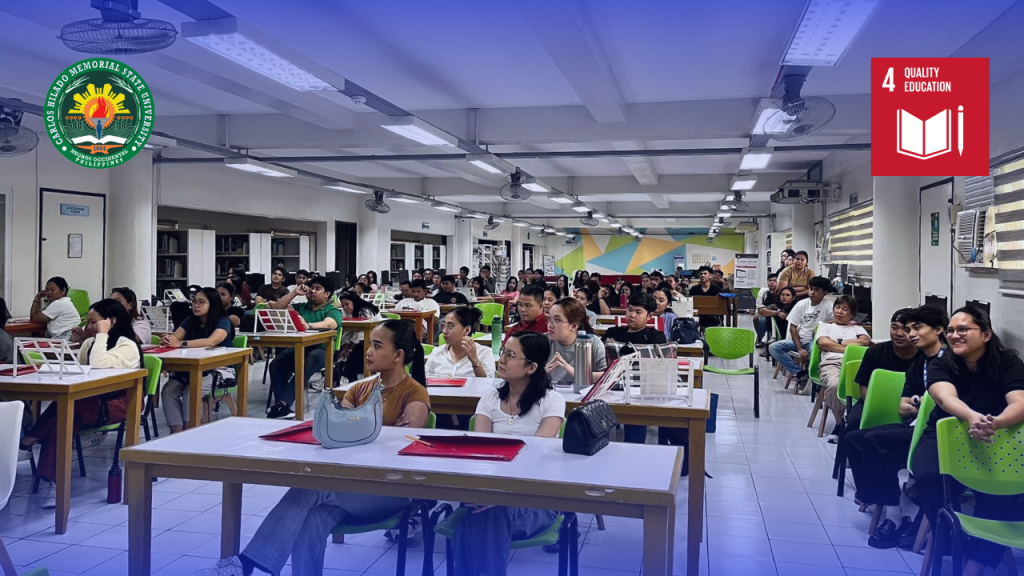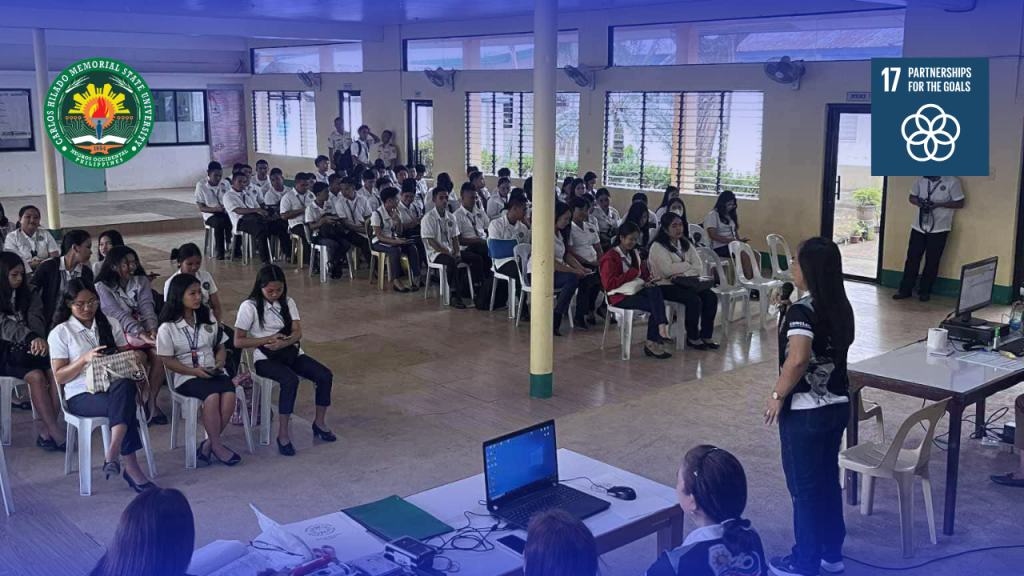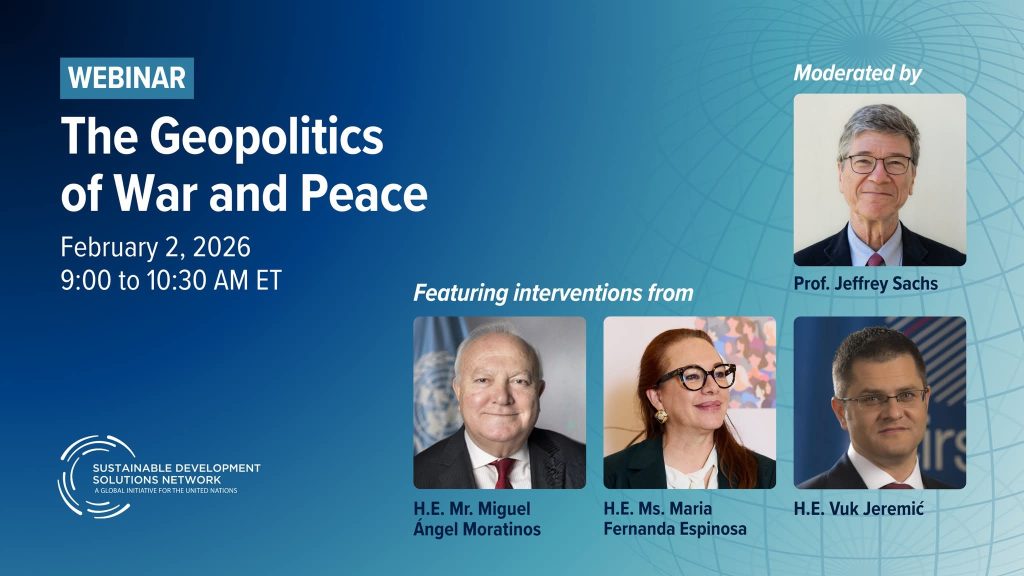In 2015, the United Nations adopted the new global plan of action entitled, “Transforming Our World: The 2030 Agenda for Sustainable Development.” The 2030 Agenda has 17 Sustainable Development Goals or SDGs that were designed as a guide to achieve a better and more sustainable future for all. The SDGs stimulate action over the critical areas of people, planet, prosperity, peace, and partnership.
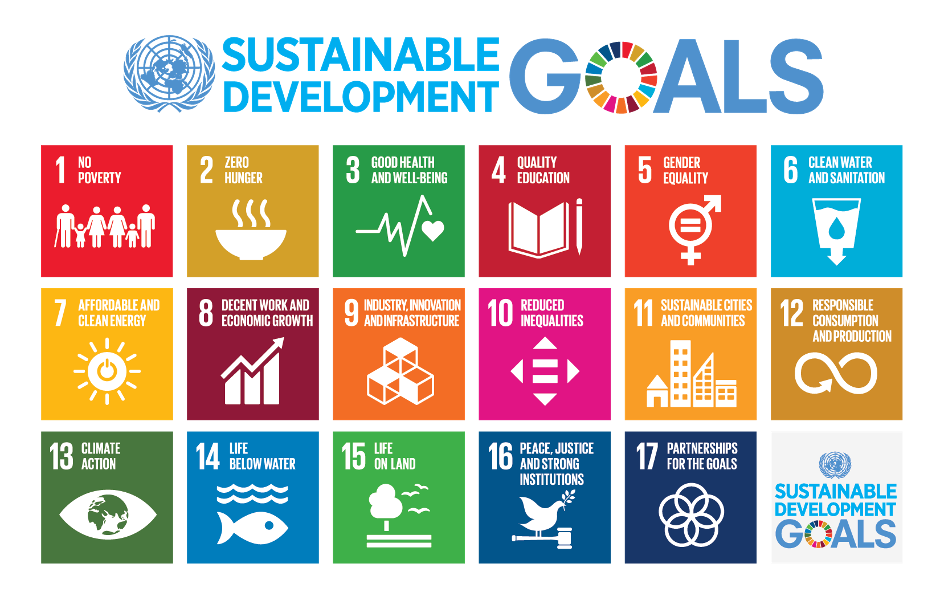
Gender equality and the empowerment of all women and girls is among the 2030 SDGs. However, this is a critical issue not just in one goal, but also in other dimensions, making it an essential factor in the transformative vision of the 2030 Agenda.
Gender-based discrimination is still present all over the world. Women and girls are still refused access to education and economic resources, and they easily fall victim to violence and injustice. Environmental degradation and natural disasters have also put an increased burden on women due to unfair gender roles. These make cases it difficult for the 2030 Agenda to progress. Conversely, providing them opportunities and closing gender-based gaps can contribute to poverty reduction, better health, improved economy, environmental protection, and more.
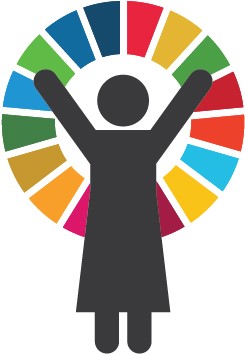
In an infographic based on ‘Turning Promises into action,’ a global report published by UN Women in 2018, women and gender equality are highlighted as key players in achieving the SDGs.
UN Women summarizes the following:
SDG 1: No Poverty – Research shows that more cash in women’s hands contributes not only to eliminating poverty but also to better education, nutrition and health outcomes for children and other members of the household.
SDG 2: Zero Hunger – Women play a critical role in food production, processing and distribution but are more likely to be food insecure that men. Empowering them is essential for achieving the agricultural productivity and nutrition targets of SDG 2.
SDG 3: Good Health and Well-being – Expanding access to quality health care and ensuring universal access to sexual and reproductive health and rights are key for reducing mortality rate for women and girls.
SDG 4: Quality Education – Each additional year of post-primary education for girls has important multiplier effects, expanding their employment outcomes, decreasing the chance of early marriage and improving their health and well-being.
SDG 5: Gender Equality – Gender equality is central to all the SDGs. If it is not achieved, the implementation of the 20230 Agenda will be jeopardized.
SDG 6: Clean Water and Sanitation – Women and girls play a central role in the provision, management and safeguarding of household water and sanitation. Addressing water and sanitation needs of women benefits the health and well-being of entire communities.
SDG 7: Affordable and Clean Energy – As primary energy managers in the households, women can play a powerful rile in the successful transition to sustainable energy for all.
SDG 8: Decent Work and Economic Growth – Women’s access to decent work is an essential measure of inclusion and sustainable growth.
SDG 9: Industry, Innovation, and Infrastructure – Increasing women’s participation in technology, science and innovation is critical for meeting the global challenges ahead.
SDG 10: Reduced Inequalities – Gender equality is crucially linked with overall equality in society, and reducing inequality is crucial for improving economic efficiency, productivity and environmental sustainability.
SDG 11: Sustainable Cities and Communities – Women have equal rights to the city, and their safety in public spaces is crucial for sustainable urbanization.
SDG 12: Responsible Consumption and Production – Unsustainable production and consumption patterns are gendered, including travel ‘choice’ and their sustainability.
SDG 13: Climate Action – Gender equality is critical to mitigate climate impacts: Women’s inclusion in climate discussions leads to improved outcomes of climate-related projects and policies.
SDG 14: Life Below Water – Enabling women to have decision-making power in local fisheries leads to better resource-governance and conservation.
SDG 15: Life on Land – Women’s specific knowledge and dependence on forests makes them key contributors to forest conservation and regeneration.
SDG 16: Peace, Justice and Strong Institutions – Women play a vital role in preventing conflict and forging and maintaining peace. By fully protecting women’s rights, peaceful and inclusive societies will be within reach.
SDG 17: Partnerships for the Goals – Achieving the SDGs requires an enabling environment and a stronger commitment to partnership and cooperation. Mobilizing sufficient resources will be critical for meeting the gender-equality commitments of the 2030 Agenda.
The call to empower women and girls in all areas of development is not limited to world leaders and economic institutions, but is an initiative that everyone must participate in. By recognizing the roles of women in the SDGs and addressing gender-based discrimination, society will be able to accelerate its progress towards a better world.
Sources:
UN Women – Why Gender Equality Matters Across All SDGs
Transforming our world: the 2030 Agenda for Sustainable Development – https://sdgs.un.org/2030agenda
Infographic: Why gender equality matters to achieving all 17 SDGs – https://www.unwomen.org/en/digital-library/multimedia/2018/7/infographic-why-gender-equality-matters-to-achieving-all-17-sdgs
Women and the Sustainable Development Goals (SDGs) – https://www.unwomen.org/en/news/in-focus/women-and-the-sdgs

